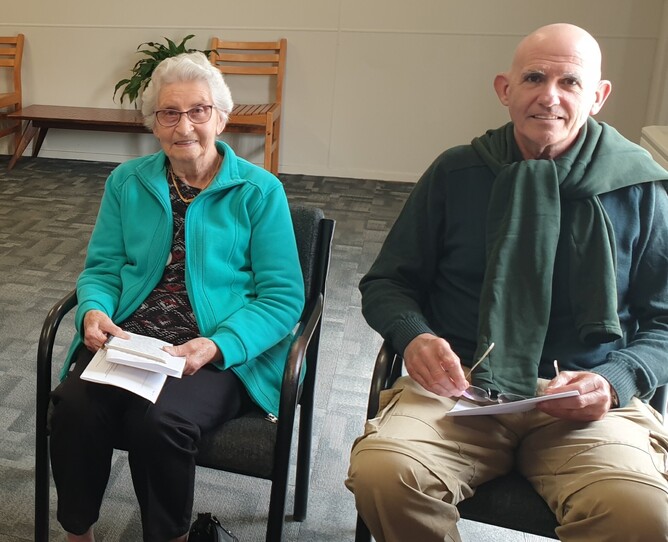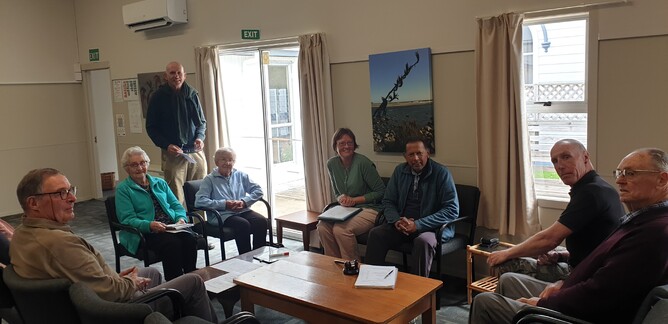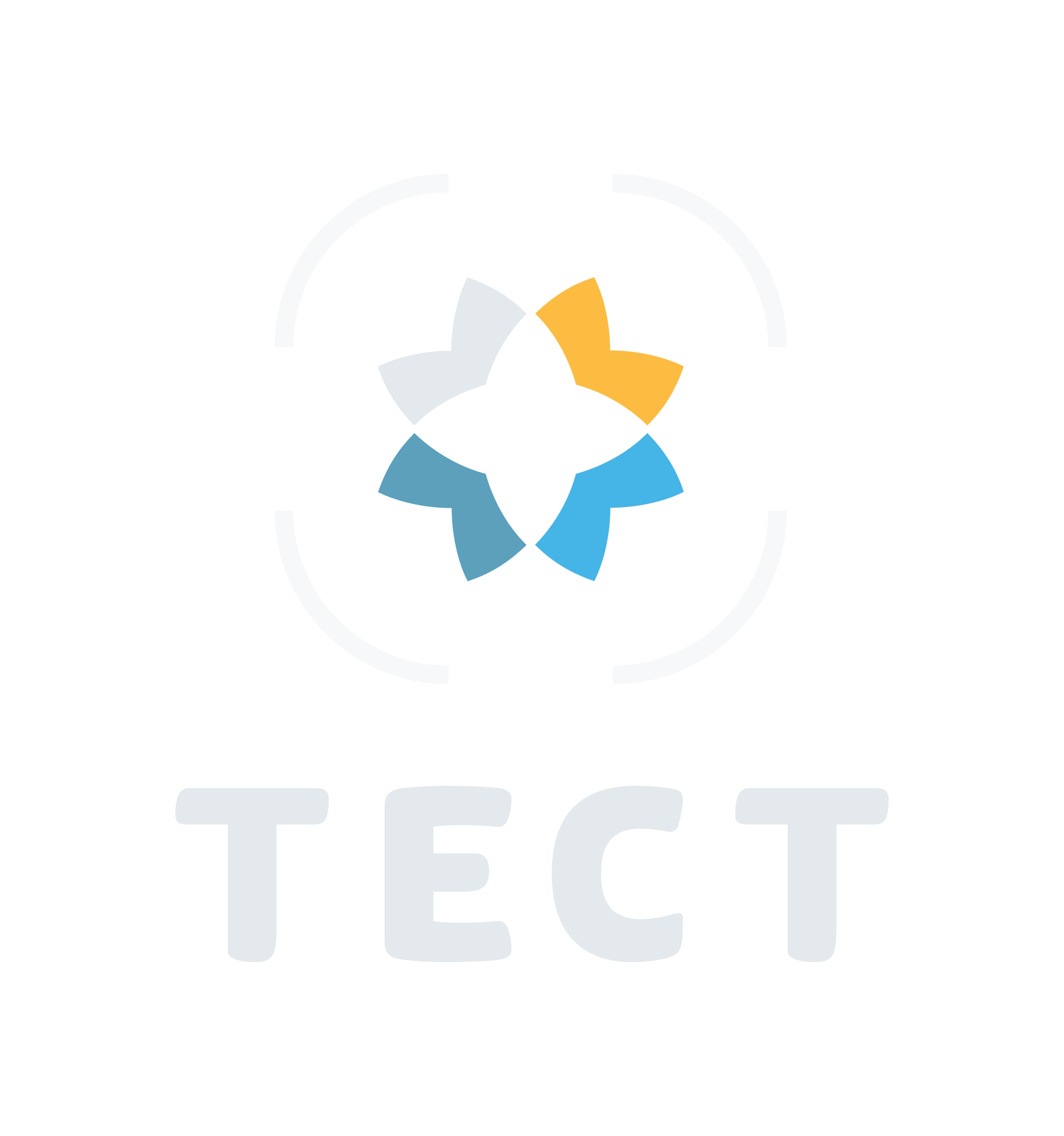Imagine knowing what you want to say, but being unable to say it. Hearing instructions, but struggling to understand them.
For the thousands of people that live with Aphasia in New Zealand, this is their everyday reality – one that can bring with it many challenges and frustration.
The communication disorder affects the production and comprehension of speech and the ability to read or write. This happens when the language area of the brain is damaged from a head injury, disease of the brain, or most commonly, from a stroke.
82-year-old Margaret Smith was diagnosed with aphasia after suffering a stroke three years ago. While at home alone, she fell to the floor and was unable to call for help for eight hours.
Her son came round to check on her after numerous phone calls from her sister were left unanswered. After finding Margaret, he called an ambulance and rushed her to the hospital. Her family were called in to say their goodbyes.
The longer a stroke is left untreated, the more damage can be done. For Margaret, the hours spent on the floor left her in critical condition. When she made it to a stable condition, assessments found that she had aphasia.
“They gave me picture cards, and asked me to identify each image, but my brain didn’t want to – it was saying all sorts of different things. I knew what I was thinking, but I couldn’t say the right word. I would nod my head to say yes, but the word coming out was no,” says Margaret.
Margaret has made great progress since then, and today is able to speak – albeit more slowly and quietly than before her stroke. She says having aphasia is a lonely experience.
“It is very isolating and frustrating not being able to talk to anyone. I talk in a low voice which can be difficult for people to hear or understand. It feels like no-one cares, that people think I am stupid. But I can think clearly, it’s just a struggle to get the words out.”
Helping Margaret stay connected is Tauranga-based charity AphasiaNZ, which works to support those affected by aphasia with support services, resources, education and information.
AphasiaNZ Community Aphasia Advisor Kate Milford coordinates support groups and a Korero Club, provides one-on-one support, and facilitates education sessions and workshops to increase awareness and knowledge of aphasia and its effects.
While all face-to-face services stopped during lockdown, the charity resumed them at Alert Level 2, with extra care around distancing and hygiene. Kate says it was greatly welcomed by their clients.
“For people who live on their own, like Margaret, lockdown was very isolating. For many of the people with aphasia that I support, phone contact is difficult as it is harder for them to talk on the phone. When phone conversations are too hard, and you cannot go out, and family cannot come into your home, communication abilities tend to deteriorate, and confidence is lost.
“People with aphasia were wanting to come back to meetings, to keep connected and to maintain friendships. We have tried to be flexible and reactive about how we do things and as far as possible, to keep ‘normal’ business going. Some of our groups went virtual, we developed an online mindfulness course to support the wellbeing of carers and family members, and we created a new supported conversation training package that can be delivered either face-to-face or via video-link.
“People who attend the Korero Club have talked about how much they missed the group when it needed to be put on hold. For some people, this group is their main source of interaction and friendship. We’re so pleased now at Level 1 that we can provide our full range of support.”
Margaret says while the lockdown left her feeling sad and lonely, she is pleased to have all that support back.
“I wouldn’t even take walks during lockdown because if I came across anyone, I couldn’t talk to them with the 3m distance making it even harder to hear me. I just did lots of puzzles at home. I am so glad to be back at Korero Club now – everyone listens and understands me as they all have aphasia in different ways and to different degrees. I don’t know what I would do without AphasiaNZ.”
Finding the funds to continue their service delivery has been difficult for AphasiaNZ, with a decline in personal donations and gaming funds on hold since the lockdown.
AphasiaNZ sought funding through the WBOP COVID-19 Recovery Fund to help cover the operating costs of Kate’s role.
The $10,000 in funding provided by local funders TECT, Acorn Foundation, BayTrust and Tauranga City Council, is currently going towards mileage, computer costs, stationary and online support.
Kate says the funding has been vital to allow her to continue her work.
“Many of the funding sources previously available reduced due to the lockdown, with a number of our applications declined outright. Many funders indicated that they would have significantly less funding to distribute. For AphasiaNZ, the COVID-19 Recovery Funding has been extremely important in allowing us to continue to provide the Community Aphasia Advisor service.
“We always try to be as efficient as possible with spending funds – I am aware of every dollar! I try to coordinate activities to reduce my mileage and to use my time effectively. It is very important however never to rush conversations with people with aphasia – having enough time to be relaxed and know that they can pause to find words and that I will wait for as long as it takes is vital to successful and enjoyable communication.
“We are so grateful for the assistance of our local funders so that we can provide that much-needed support, and take the time needed.”
To learn more about AphasiaNZ, visit https://www.aphasia.org.nz/





